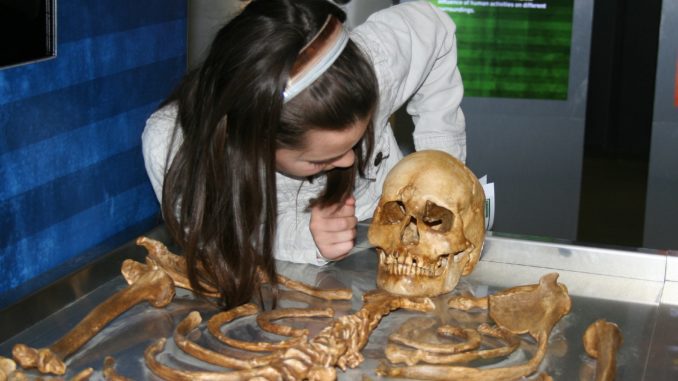
by Marcus Goh and Adrian Kuek
If your child is in Primary 3 and above, Science will become part of the weekly curriculum in school. But if all your child knows about Science is confined to the classroom, that would make it a rather boring subject indeed.
So bring Science to life for your child by showing them how it’s applicable in the real world. You don’t need a huge science lab or expensive equipment for them to do so — an Internet connection and some household items are you need.
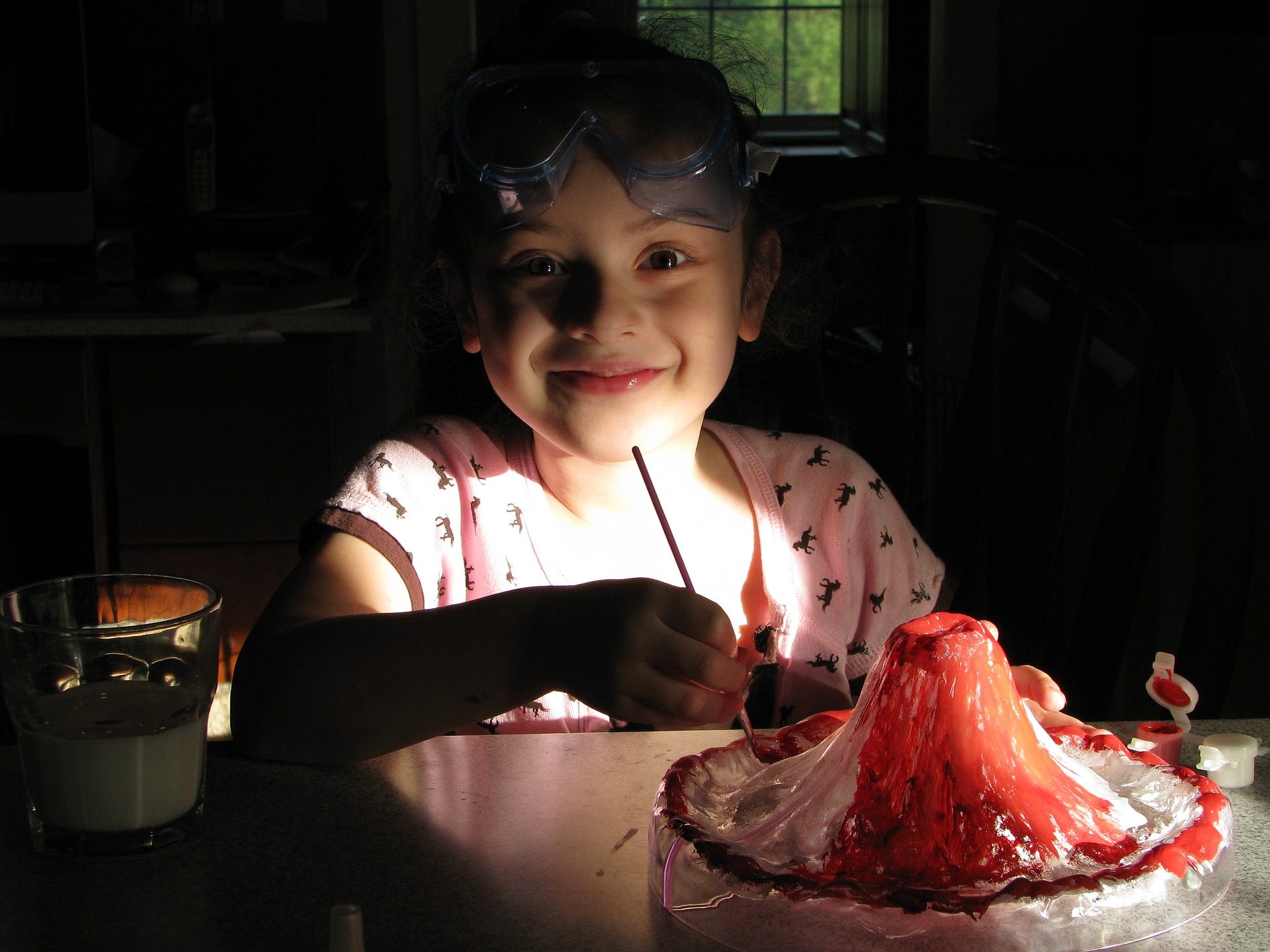
1. Encourage your child to do their own self-directed research.
Children are naturally curious. Channel their curiosity into the spirit of scientific inquiry and allow them to explore how things work by themselves. For instance, if you have an old table fan that you’re going to throw out, let your child take it apart to let them out explore the components and figure out how they work. The plethora of resources available online means that a scientific explanation is only a few clicks away (unlike the old days, when we had to sift through encyclopaedias and textbooks), so you don’t have to worry about not knowing the answer offhand. Just search for it!
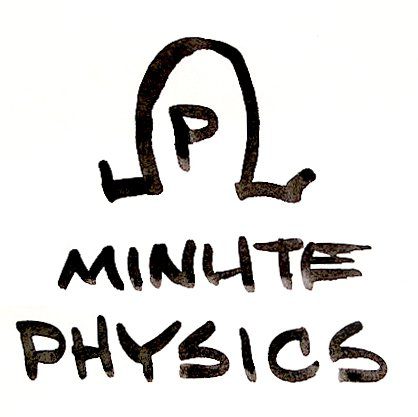
2. Visit YouTube channels with interesting science experiments.
Look for YouTube channels that show you how to do interesting but simple science experiments, like Minute Physics or AsapSCIENCE. These channels usually explain scientific concepts using colourful diagrams so that it’s easier to understand and digest. They also frequently provide experiments that you can do on your own to illustrate said scientific principles.
Plus, it’s YouTube. Telling your child to watch YouTube will seem more like a treat, than a chore, to them, and their enthusiasm will work in your favour.
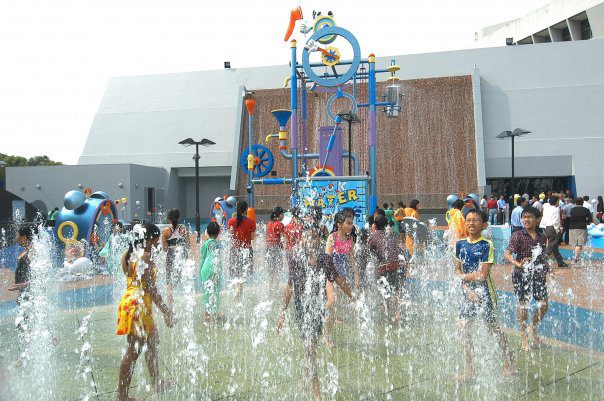
3. Bring your child to tourist attractions.
The Science Centre is an obvious choice. There are loads to see and do, and there are always new exhibits to visit. The Singapore Zoo and Jurong Bird Park aren’t just places to spend the public holidays at. They also provide a live demonstration of what your child learns in the Classification of Living Things and Adaptation topics in Science. Letting them see animals up close trains their observational skills, and they can verify for themselves firsthand how they are adapted to their environments.

4. Do simple experiments on themselves.
We may use our body every day, but how much do you know about it? Ask your child to do simple experiments on themselves, to understand the Life Sciences topics. For example, taking pulse rate measurements before and after exercise will give them a clearer idea of how the respiratory system works. They will also learn important facts about the human body, which can be valuable when it comes to an emergency.
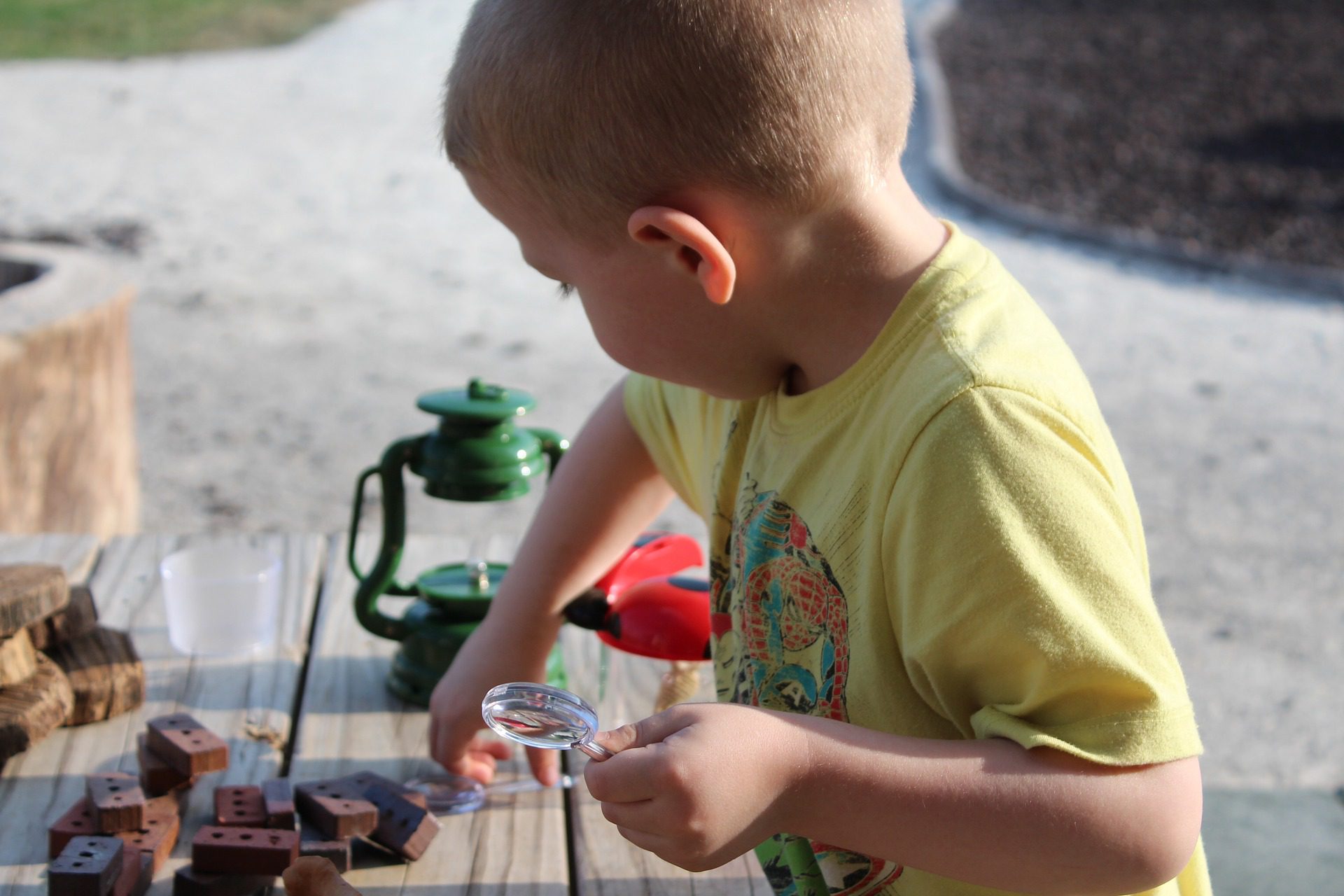
5. Always ask why.
Finally, always ask your child to explain natural phenomena that they observe. Why do think this happened, and what evidence do they have to prove it? This trains children to be active observers, and forces them apply the academic concepts they have learnt to what they see, hear, feel, taste and touch around them. It also helps with the open-ended questions, since a child must formulate an answer based on the concepts they have learnt, and explain it in a clear and logical fashion.
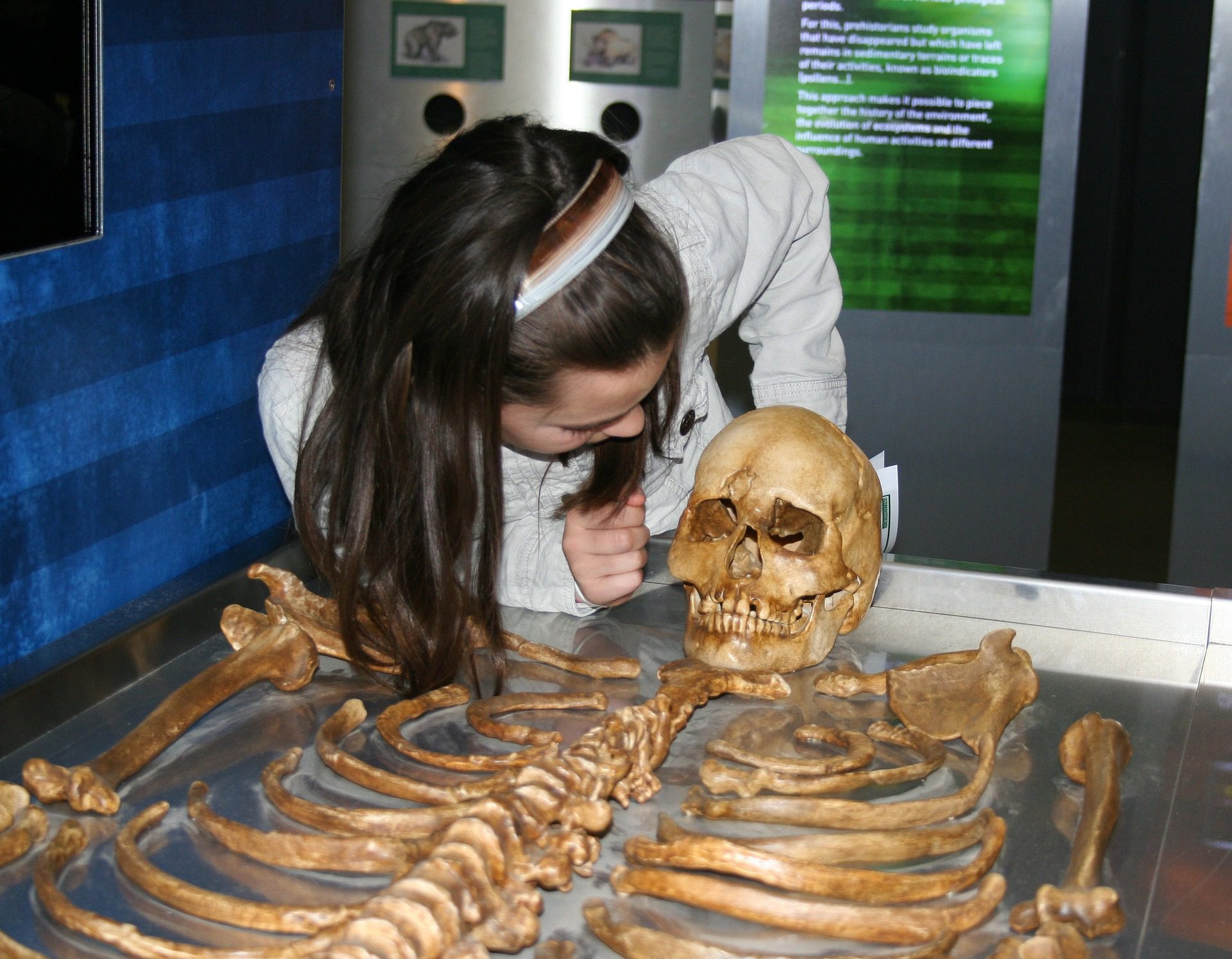
With these five tips, your child will never run out of things to do during the weekends. Training them to think scientifically will also make better decision makers in the future.
This article was also published on Yahoo!’s Grade Expectations.
Grade Expectations is a weekly feature on education in Singapore. Expect fun activities, useful tips and insightful news on learning. It’s not just about your child’s grades — it’s about raising a great child!
Marcus Goh runs Write-Handed, a creative writing studio. At the same time, he teaches English at The Write Connection. He has been a specialist tutor for English and Literature (Secondary) since 2005.
Adrian Kuek runs Joyous Learning, an enrichment centre that specialises in English, Mathematics, Science and Creative Writing for Primary. He previously served as the academic director of one of Singapore’s largest enrichment centre chains for over seven years.
If you liked the article, follow me on Facebook and Twitter for more (presumably) good updates!
To get in touch with me, send an email!
Leave a Reply